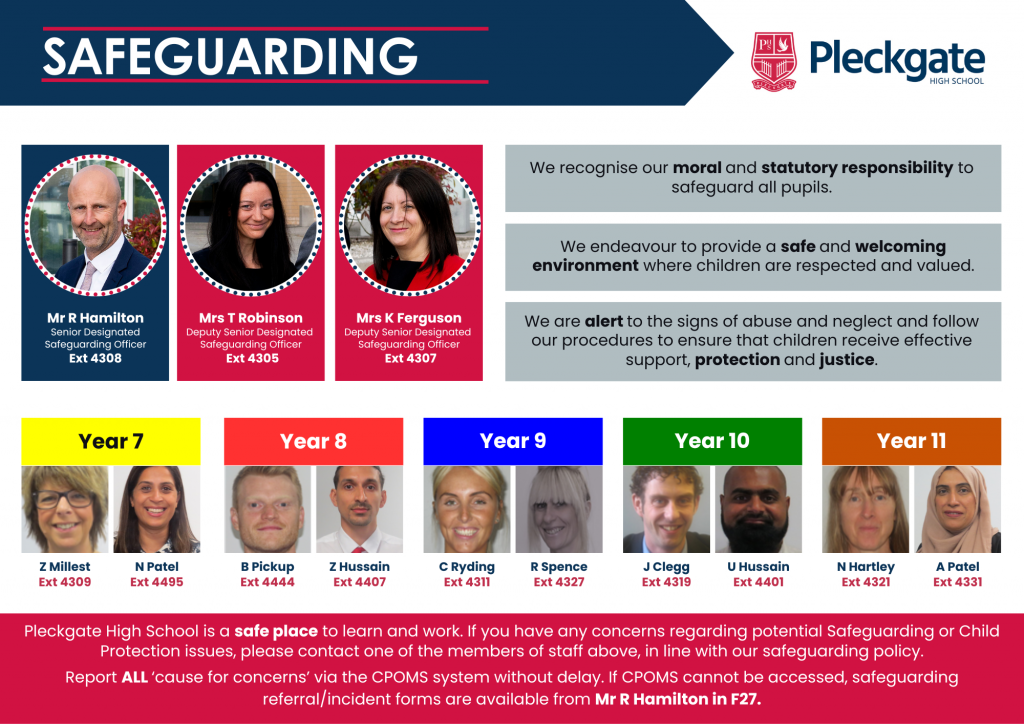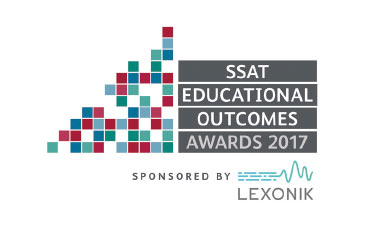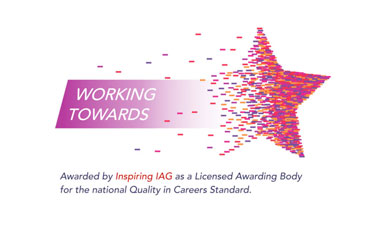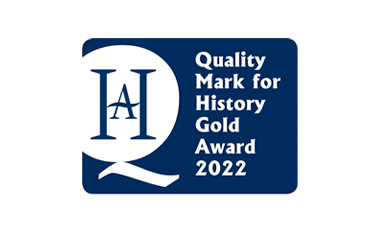At Pleckgate High School, we are committed to safeguarding and promoting the welfare of our young people. We believe that all pupils, regardless of age, gender, disability, racial or cultural heritage, religious belief or sexual orientation, have the right to be protected from all types of harm and abuse.
Safeguarding is everyone’s responsibility and all adults have a full and active part in protecting our pupils from harm. Our safeguarding processes and procedures promote a culture of safeguarding within our school.
This means that all aspects of the environment ensure that a child feels able to learn and develop in a safe environment. In order to fulfil this responsibility effectively, all practitioners should make sure their approach is child-centred. This means that they should consider, at all times, what is in the best interests of the child and be aware that children includes everyone under the age of 18.
Safeguarding and promoting the welfare of children is defined as:
- protecting children from maltreatment;
- preventing impairment of children’s mental and physical health or development;
- ensuring that children grow up in circumstances consistent with the provision of safe and effective care; and
- taking action to enable all children to have the best outcomes.
Child Protection is a key aspect of safeguarding which is concerned with protecting children from abuse and maltreatment, and involves working with social care and/or the police when a child is deemed to be at risk of significant harm. There are 4 categories of abuse (click on each for definition):
Some of the signs of abuse and/or problematic mental health include the following indicators. However, it should be remembered that there may be a perfectly innocent explanation for any of these and it is important not to jump to conclusions. To this end our Pastoral and Safeguarding Teams will take any concerns seriously but ensure any enquiries are made in a sensitive manner:
- Changes in appearance including personal hygiene and weight loss
- Bruises and injuries, and evidence of pain or discomfort
- Clingy and/or fearful behaviour
- Changes in eating habits
- Uncharacteristic and/or secretive behaviour
- Problems with peer groups
- Changes in sleep patterns
- Self-harming behaviour
- Talk about suicide and/or death
- Changes in mood including prolonged anxiety, stress, fearfulness, being easily prone to tearfulness and/or tendency to overreact
- Loss of interest in social events and/or hobbies
- Deterioration of attention span and/or restlessness
- Evidence of age-inappropriate sexual knowledge
Many of the above may also be signs of problematic mental health. Pleckgate High School is committed to being alert to signs of abuse and/or problematic mental health and intervening early to safeguard children’s safety, welfare and wellbeing.
All staff and volunteers undertake a full enhanced Disclosure and Barring Service Check. All staff receive annual Child Protection and Safeguarding update training, and are aware of the procedures for passing on concerns within the school.
